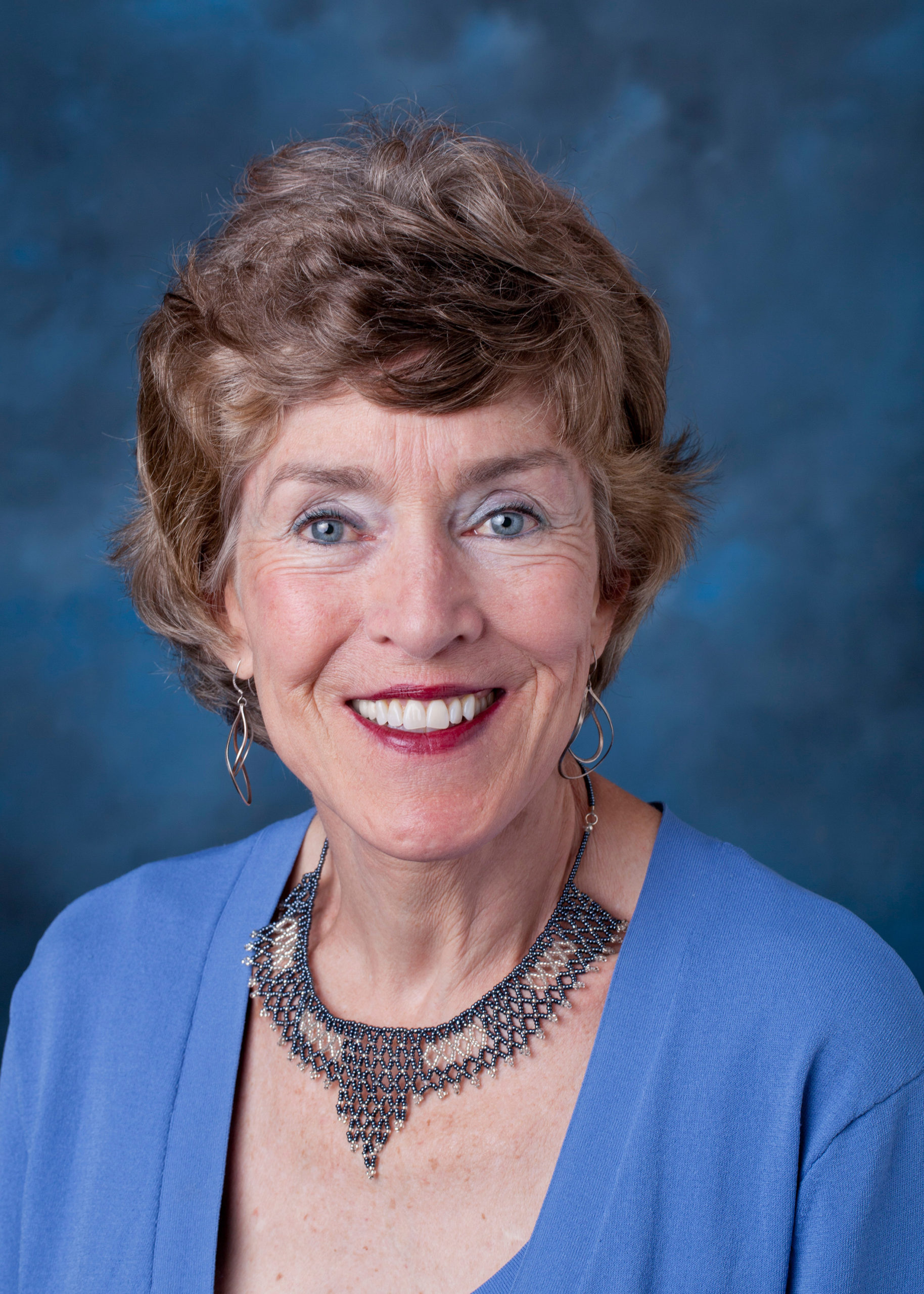
 Martha McCarthy, an expert in educational law and policy, was recently installed as the School of Education’s first presidential professor and delivered a distinguished lecture to group of faculty, staff, students and alumni.
Martha McCarthy, an expert in educational law and policy, was recently installed as the School of Education’s first presidential professor and delivered a distinguished lecture to group of faculty, staff, students and alumni.
During the installation ceremony, Shane P. Martin, dean and professor of the School of Education, praised McCarthy’s “amazing career and distinguished work” and said how thrilled he was to formally welcome McCarthy into the SOE community.
In a lecture titled “Student Expression Rights: Recent Legal Developments,” McCarthy began by dispelling the widespread idea that school law impairs the education of students. According to McCarthy, the principles of equity, liberty and fairness that underpin our legal system make an educator’s job more efficient, effective and just.
McCarthy then traced the early history of legal decisions on student expression rights and more recent cases where students’ use of technology complicates legal precedent. In all of these cases, the court must address the “conflict between school objectives and students’ expression of their identity,” said McCarthy.
Her legal argument was that student expression of hurtful, demeaning and degrading comments toward classmates or school employees is not protected by the First Amendment because of the second prong of Tinker v. Des Moines, which states, “students may express opinions on controversial topics if it does not impinge on the rights of others.” When well-argued in court, hurtful and degrading comments, whether bullying, harassment, etc., do impinge on the rights of others.
McCarthy closed saying, “is not only a school issue – it is a community and societal issue,” and provided a set of guidelines for schools to use when considering student expression rights:
- Disseminate the known legal standards
- Confront and involve parents
- Hold educational assemblies for students and in-service sessions for staff on the social, emotional, legal and disciplinary consequences of hurtful expression
- Work with the victims to help them cope with hurtful behavior
- Design educational and preventive strategies
Martha McCarthy joined the School of Education from the Indiana University School of Education where she was a Chancellor’s Professor and chair of the Department of Educational Leadership and Policy Studies. Her research is in primarily educational law and policy, and the evolution and reform of leadership preparation programs. She has conducted research on most aspects of educational law, focusing recently on First Amendment issues pertaining to church/state relations and expression rights of students and school employees. McCarthy has served as president of the Education Law Association and the University Council for Educational Administration and received numerous awards and recognitions.



